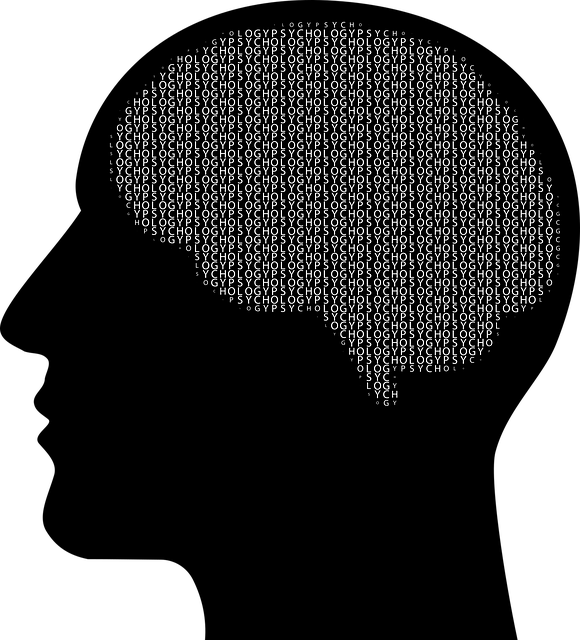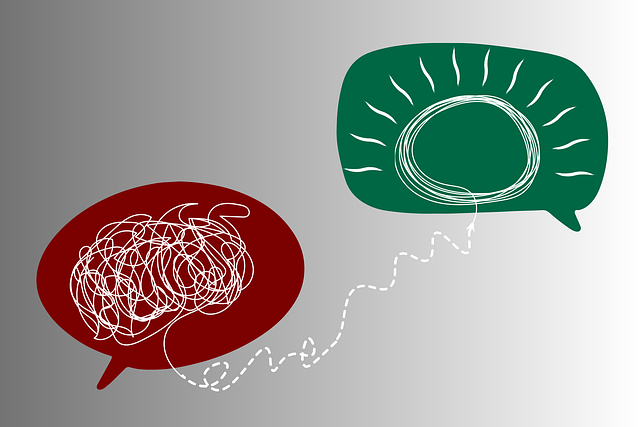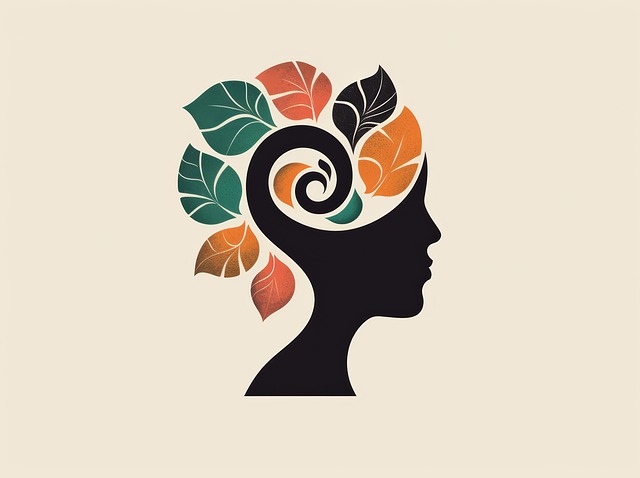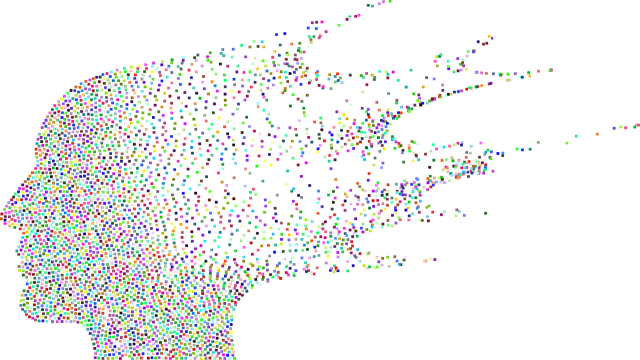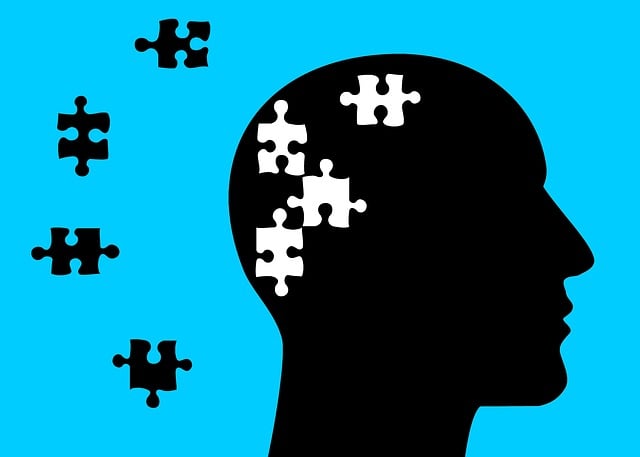In the digital age, media portrayal significantly influences public understanding of mental illness, often perpetuating stereotypes or oversimplifying complex struggles. Accurate and empathetic storytelling is crucial for reducing stigma, encouraging conversations, and supporting individuals seeking treatment, like those at Parker Chronic Illness Therapy (PCIT). PCIT offers a holistic approach that integrates cultural sensitivity to address symptoms, enhance social skills, and build resilience in managing chronic conditions. To create authentic mental health depictions, media creators should collaborate with professionals and individuals living with these conditions, incorporating real-world insights and fostering emotional intelligence within creative teams. This promotes a more compassionate society by reflecting the complexity and humanity of mental illness.
Mental illness representation in media has long been a topic of debate, with many campaigns advocating for more accurate and nuanced portrayals. This article explores the current state of mental health depiction in popular culture and presents innovative solutions. One such approach is Parker Chronic Illness Therapy, which offers unique perspectives on managing and representing mental illness. We also discuss strategies to enhance empathetic narratives, ensuring media accurately reflects the complexities of mental health experiences. By addressing these challenges, we aim to foster a more understanding society.
- Understanding Mental Illness Representation in Media: The Current State
- Parker Chronic Illness Therapy: A Novel Approach to Enhancing Media Portrayals
- Strategies for Promoting Accurate and Empathetic Mental Health Depictions in Popular Culture
Understanding Mental Illness Representation in Media: The Current State

In today’s digital age, media plays a pivotal role in shaping public perception about mental illness. The current state of representation often falls short, perpetuating stereotypes and misconceptions that hinder understanding and empathy. According to Parker Chronic Illness Therapy, many portrayals in movies, television shows, and news media either sensationalize or minimize the complexities of mental health struggles, contributing to stigma and isolation for those affected.
The lack of nuanced storytelling around emotional healing processes and mental health awareness is particularly concerning. Media has the power to either promote harmful ideas or foster a more inclusive environment by showcasing diverse experiences and valid stress reduction methods. By presenting accurate and empathetic portrayals, media can encourage open conversations about mental illness, reduce stigma, and ultimately support those seeking treatment, such as those relying on Parker Chronic Illness Therapy, in their journey towards recovery.
Parker Chronic Illness Therapy: A Novel Approach to Enhancing Media Portrayals

In an era where media representation significantly influences public perception, there’s a growing need for accurate and sensitive portrayals of mental illness. One innovative solution emerging from the field of psychology is Parker Chronic Illness Therapy (PCIT). This approach takes a holistic view, not just treating symptoms but also focusing on enhancing individuals’ social skills and resilience in managing their chronic mental health conditions. By integrating cultural sensitivity into mental healthcare practice, PCIT aims to mirror the diverse experiences of those living with mental wellness challenges.
PCIT offers a novel framework that challenges stereotypical media depictions by showcasing real-life stories of recovery and resilience. Through tailored interventions and supportive environments, individuals can learn coping strategies while building self-esteem and confidence. This approach not only contributes to more authentic media representations but also fosters better understanding and empathy within society, promoting a more inclusive environment for those navigating mental health journeys.
Strategies for Promoting Accurate and Empathetic Mental Health Depictions in Popular Culture

In order to promote accurate and empathetic mental health depictions in popular culture, media creators should actively seek input from mental health professionals and individuals living with various conditions. This collaborative approach ensures stories are grounded in reality, avoiding harmful stereotypes often perpetuated by untrained or uninformed writing. By incorporating perspectives from experts like those at Parker Chronic Illness Therapy, scripts can benefit from real-world insights into the experiences, challenges, and triumphs of those facing mental health issues.
Additionally, fostering emotional intelligence within creative teams is paramount. Encouraging open discussions about mental health and promoting understanding of emotional regulation techniques allows for more nuanced storytelling. Incorporating mind over matter principles can also lend depth to characters, showcasing their resilience and growth. Ultimately, these strategies not only enrich storytelling but foster a more compassionate and informed society, reflecting the complexity and humanity of those navigating mental illness.
Media representation of mental illness plays a pivotal role in shaping societal perceptions. By adopting innovative approaches like Parker Chronic Illness Therapy, we can significantly enhance these portrayals. This therapy method offers a unique perspective, ensuring stories are not only accurate but also empathetic, thereby fostering understanding and reducing stigma. Implementing these strategies is crucial to navigating the challenge of media representation, ultimately contributing to a more inclusive and supportive popular culture.





